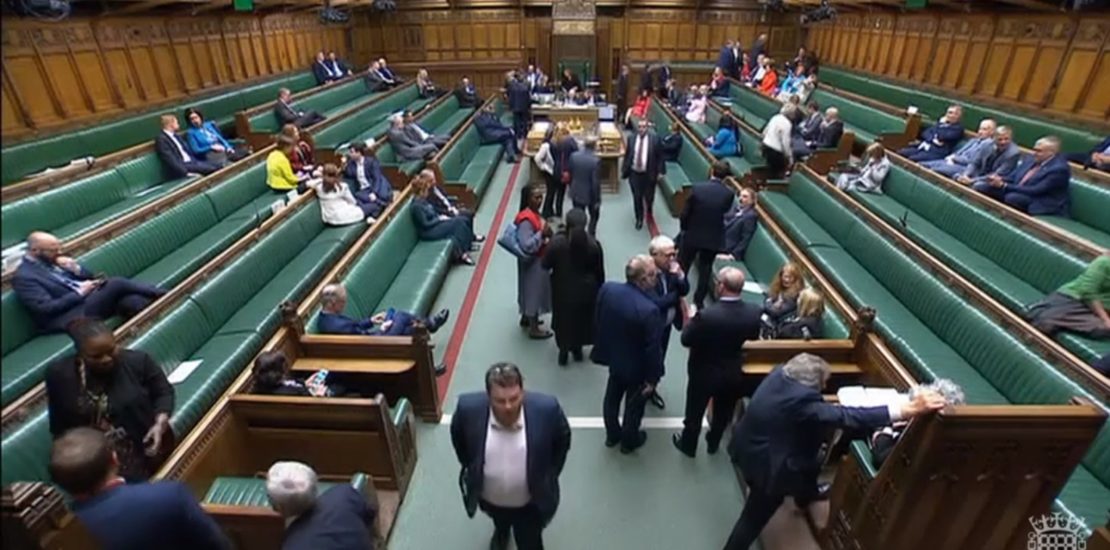- 25/05/2022
- Posted by: Valerie Vaz MP
- Category: News

The Product Security and Telecommunications Infrastructure Bill would introduce mandatory security requirements for devices which can connect to the internet, sometimes known as smart devices or the ‘Internet of Things’, and make changes to the electronic communications code which governs the rights of telecoms companies to install infrastructure on land. The Bill had its Report Stage and Third Reading on Wednesday 25 May 2022., having been carried over from the previous Parliamentary session.
Smart devices include smartphones, some TVs and speakers, and an increasing number of items around the home. The Bill will result in a ban on default passwords for smart devices, a requirement for devices to have a vulnerability disclosure policy whereby any security weakness in a product is identified and notified, and a requirement for transparency about the time period for which a manufacturer will provide security updates for the device. The Bill aims to encourage faster and more collaborative negotiations for the installation and maintenance of telecoms equipment on private land to make the roll-out of digital infrastructure such as gigabit-broadband and 5G more efficient.
Amendment 14 would apply a different regime under the Electronic Communications Code to private landlords, giving automatic upgrade rights for operators to properties owned by private landlords subject to the condition that the upgrading imposes no additional burden on the other party to the agreement. This Amendment would ease the process of upgrading broadband around the UK, so that as much of the country as possible has robust connectivity as soon as possible. The Government has already downgraded its manifesto commitment of 100% of the country having gigabit connectivity by 2025 down to 85%. I voted to support the Amendment, which was not passed, Ayes:163 and Noes: 280.

